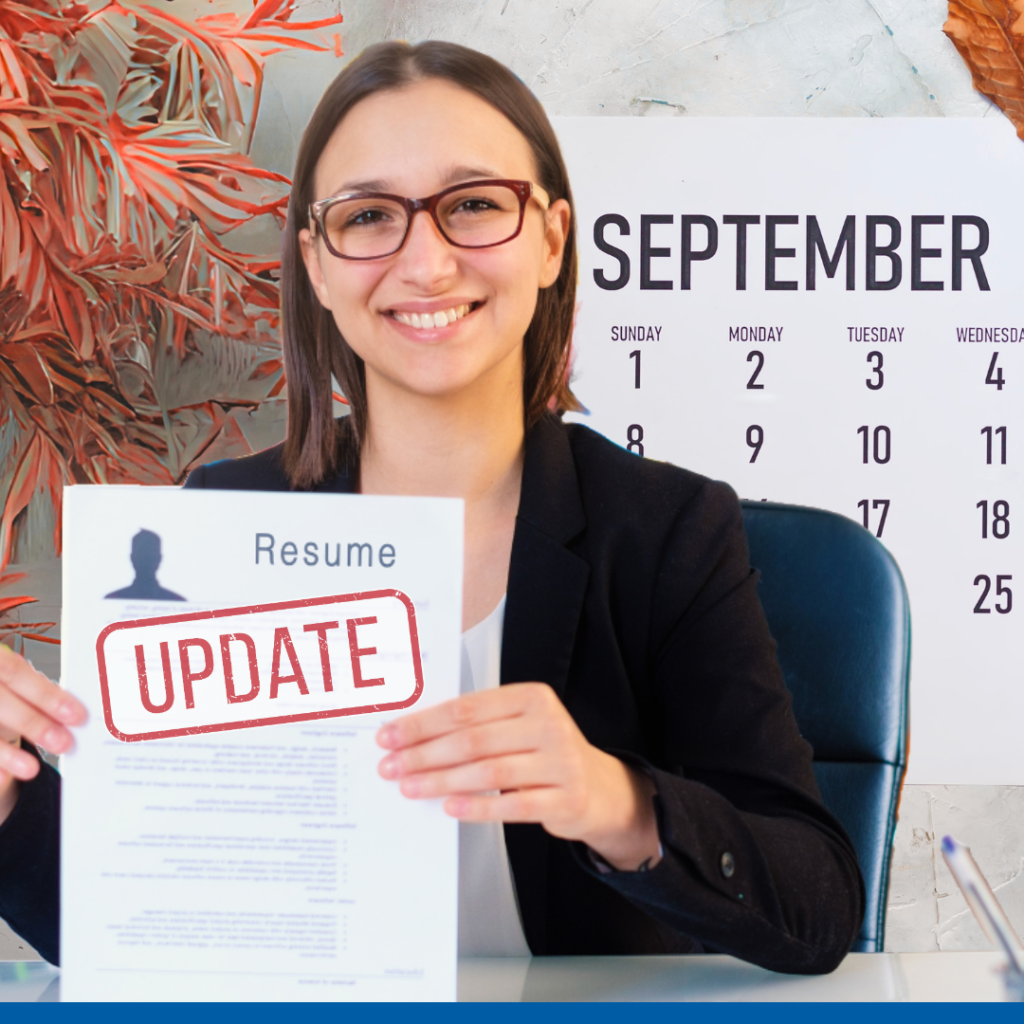Employers often rely on first impressions when reviewing resumes. A well-crafted resume can make a positive first impression. But certain things on the resume can raise concerns with prospective employers. Are these red flags on your resume?
- Errors and Inconsistencies. The resume should contain no spelling errors, grammatical mistakes, or inconsistencies in formatting. These kinds of mistakes indicate a lack of attention to detail.
- Gaps in Employment History. Employers prefer a work history without significant, unexplained gaps.
- Job-Hopping. While employers aren’t expecting employees to stay in a job forever, a pattern of staying in jobs for a short time (6 months to a year), could indicate a lack of commitment or difficulty adapting to workplace culture.
- Vague Descriptions of Skills and/or Experience. A generic resume doesn’t help anyone showcase their qualifications.
- A Focus on Responsibilities, Not Accomplishments. A resume that focuses only on duties and responsibilities suggests that the candidate does the bare minimum and doesn’t make an impact in the workplace.
- Cliches and Buzzwords. Vague phrases and buzzwords are useless on a resume.
- Fake Information. Don’t inflate your job title, make up skills, or fabricate accomplishments.
- Irrelevant Information. Don’t include hobbies or irrelevant extracurricular activities, outdated skills, or marital status on the resume.
- A Haphazard Career Path. A work history that lists conflicting job titles or an erratic work
- Your Resume Isn’t Targeted to a Specific Job. A generic resume that is not customized for a specific role can indicate a lack of interest or effort in applying for a position — specifically, that the candidate is mass applying for jobs.
- Your Resume Goes Back to the 1980’s. Most resumes these days focus on the past 10-12 years; employers want to know what you have done recently.
- Unprofessional Email Address. While not a major red flag, an email address that is unprofessional (i.e., hotgirl2005@example.com or partyanimal25@example.com) can give the impression that you lack good judgment.
If you have red flags in your employment history, a strong cover letter can help, as can working with a professional resume writer to help you position yourself effectively in your resume. Click here to check out our resume writing services if you need assistance!






